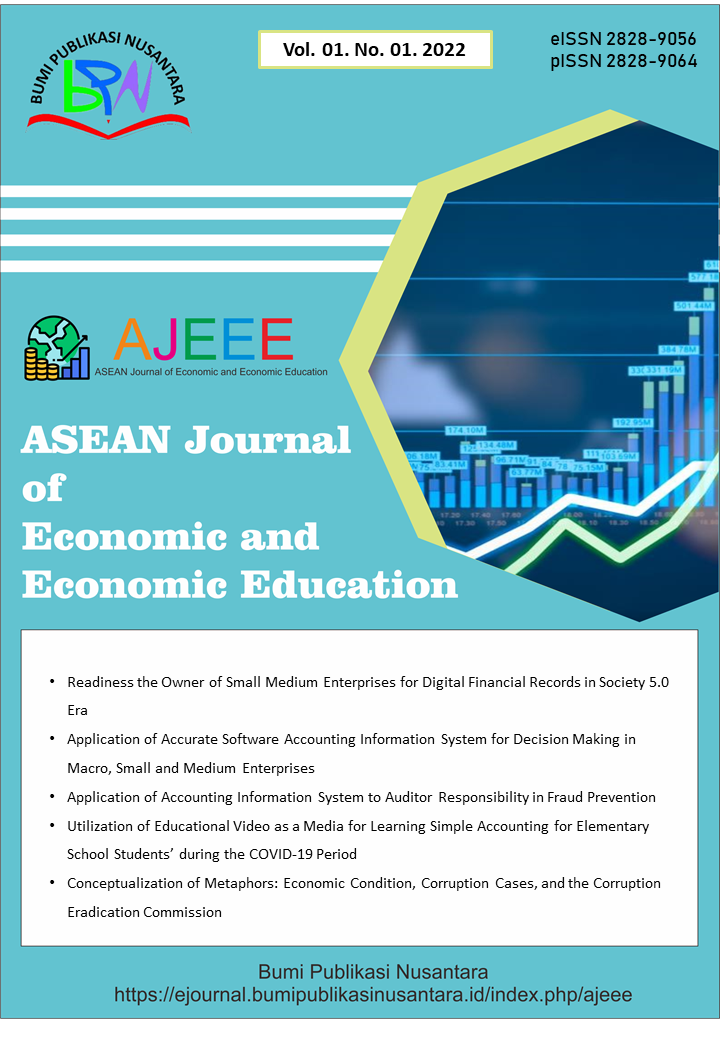Online Selling: Unfolding the Lifestyle of The Working Students
 ), Mary Nelle Jireh S. Falsario(2), Benj Enrick R. Halaghay(3), Myra M. Luna(4), Jasmine Nikki Jen D. Padua(5), Ryan Gerome D. Posanso(6),
), Mary Nelle Jireh S. Falsario(2), Benj Enrick R. Halaghay(3), Myra M. Luna(4), Jasmine Nikki Jen D. Padua(5), Ryan Gerome D. Posanso(6),
(1) Sultan Kudarat State University
(2) Sultan Kudarat State University
(3) Sultan Kudarat State University
(4) Sultan Kudarat State University
(5) Sultan Kudarat State University
(6) Sultan Kudarat State University
 Corresponding Author
Corresponding Author
Abstract
Keywords
References
Bailey, R. R. (2019). Goal setting and action planning for health behavior change. American Journal of Lifestyle Medicine, 13(6), 615-618.
Britton, B. K., and Tesser, A. (1991). Effects of time-management practices on college grades. Journal of Educational Psychology, 83(3), 405.
Heckman, J. J., Humphries, J. E., and Veramendi, G. (2018). Returns to education: The causal effects of education on earnings, health, and smoking. Journal of Political Economy, 126(S1), S197-S246.
Moon, J., Choe, Y., and Song, H. (2021). Determinants of consumers’ online/offline shopping behaviours during the COVID-19 pandemic. International Journal of Environmental Research and Public Health, 18(4), 1593.
Nonis, S. A., Philhours, M. J., and Hudson, G. I. (2006). Where does the time go? A diary approach to business and marketing students’ time use. Journal of Marketing Education, 28(2), 121-134.
Oettingen, G., Kappes, H. B., Guttenberg, K. B., and Gollwitzer, P. M. (2015). Self‐regulation of time management: Mental contrasting with implementation intentions. European Journal of Social Psychology, 45(2), 218-229.
Snyder, T., and Honig, D. (2016). Unleashing your silent majority: How employee advocacy and engagement build your brand and trust via digital strategies. Journal of Digital and Social Media Marketing, 4(3), 217-231.
Teece, D. J. (2007). Explicating dynamic capabilities: the nature and microfoundations of (sustainable) enterprise performance. Strategic Management Journal, 28(13), 1319-1350.
Teixeira, L. R., Lowden, A., Turte, S. L., Nagai, R., Moreno, C. R. D. C., Latorre, M. D. R. D. D. O., and Marina Fischer, F. (2017). Sleep and sleepiness among working and non‐working high school evening students. Chronobiology International, 24(1), 99-113.
Wagner, P., Schober, B., and Spiel, C. (2008). Time investment and time management: An analysis of time students spend working at home for school. Educational Research and Evaluation, 14(2), 139-153.
Watts, C., and Pickering, A. (2000). Pay as you learn: student employment and academic progress. Education+ Training, 42(3), 129-135.
Article Metrics
Abstract View : 8744 times
: 8744 times Download : 17357 times
Download : 17357 times
Refbacks
- There are currently no refbacks.
Copyright (c) 2022 Yayasan Bumi Publikasi Nusantara

This work is licensed under a Creative Commons Attribution-ShareAlike 4.0 International License.



_publication_ethics1.png)



